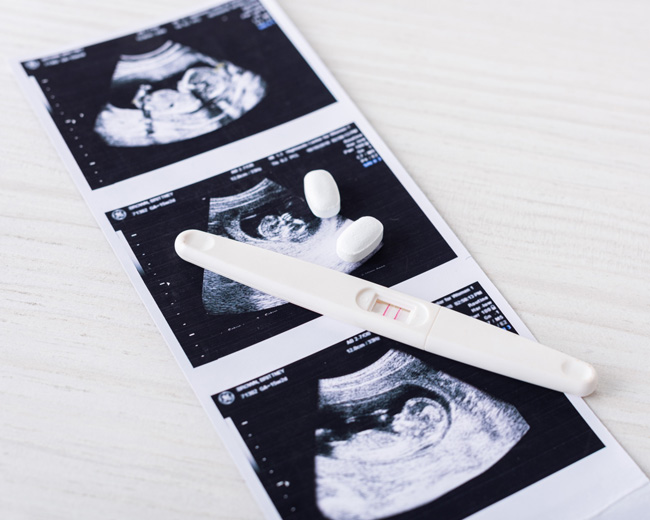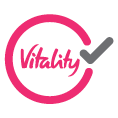How your age affects your pregnancy
A specialist explains the medical differences between having a baby in your 20s, 30s and 40s.
These days it’s become quite commonplace for women to delay having kids. And there certainly are some benefits. For starters, if you’ve spent your time building a successful career, waiting to have children may mean you’re more financially equipped to support them. There is also some evidence that older first-time moms benefit from the psychological maturity that comes with life experience. However, you can’t ignore the biological facts.
It gets harder to fall pregnant as you age
“You are significantly less likely to get pregnant in your 40s than in your 20s or early 30s,” says Pretoria-based obstetrician and gynaecologist Dr EJ de Gouveia. “By age 40, your chances of getting pregnant are only 5% during each menstrual cycle, compared with 25% per cycle during your 20s.”
Pregnancy when you’re older is harder on the body
Social media is full of memes and jokes about the physical agonies of ageing – including how much longer your body takes to recover from exercise, a poor night’s sleep or a big night out. The same applies to pregnancy. “The rigours of pregnancy are different in a woman’s 20s because she tends to be fitter, with more flexible ligaments and joints and her cardiovascular health is better,” says Dr de Gouveia.
Risks increase as you get older
While some people remain healthy and fit in middle age, many women start to develop health problems after the age of 40. “In a woman’s 40s she tends to start having comorbidity high blood pressure, diabetes, thyroid problems and a higher risk (1/50 ) for Down’s Syndrome,” explains Dr de Gouveia. The risk of postpartum complications also increases. “There tends to be higher risk of postpartum depression as a woman ages, especially as the birth tends to be riskier in older women and their birth experience does not tend to be what they expected,” says Dr de Gouveia.
Set yourself up for success
From a purely biological point of view, it’s better to fall pregnant in your 20s, says Dr de Gouveia. However, that doesn’t mean that you’re out of options come your thirtieth birthday. Following a healthy lifestyle will help lower your risk of health-related complications. “Weight management and general health should be addressed prior to pregnancy and lifestyle changes adopted, such as not smoking and losing weight where necessary,” advises Dr de Gouveia. She also stresses the importance of seeing an experienced obstetrician if you’re having a baby in your 30s or 40s. And if it’s your plan to wait until you’re older, chat to your gynae about options such as egg freezing to give you a better chance when you’re ready.
IMAGE CREDIT: 123rf.com



